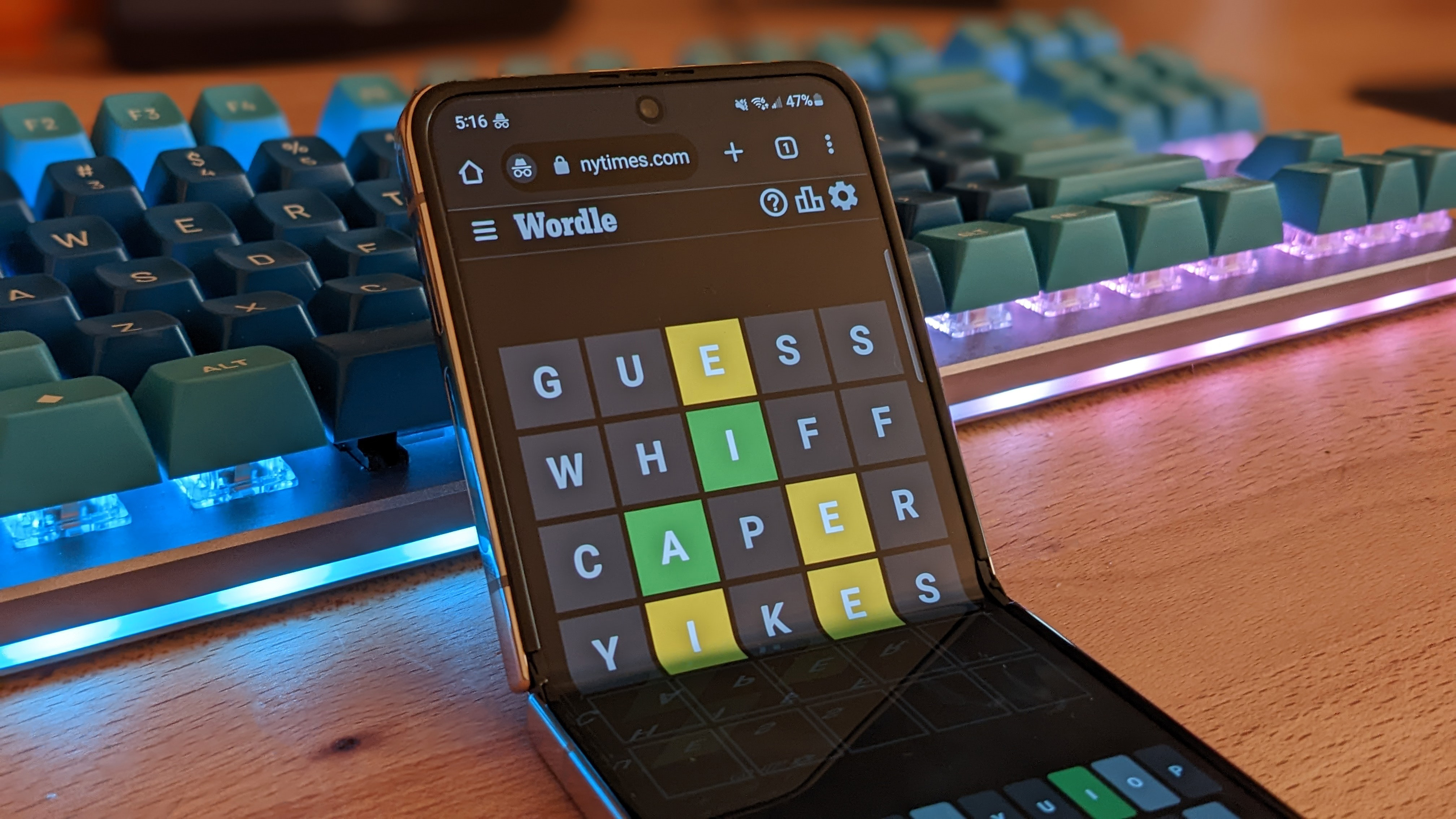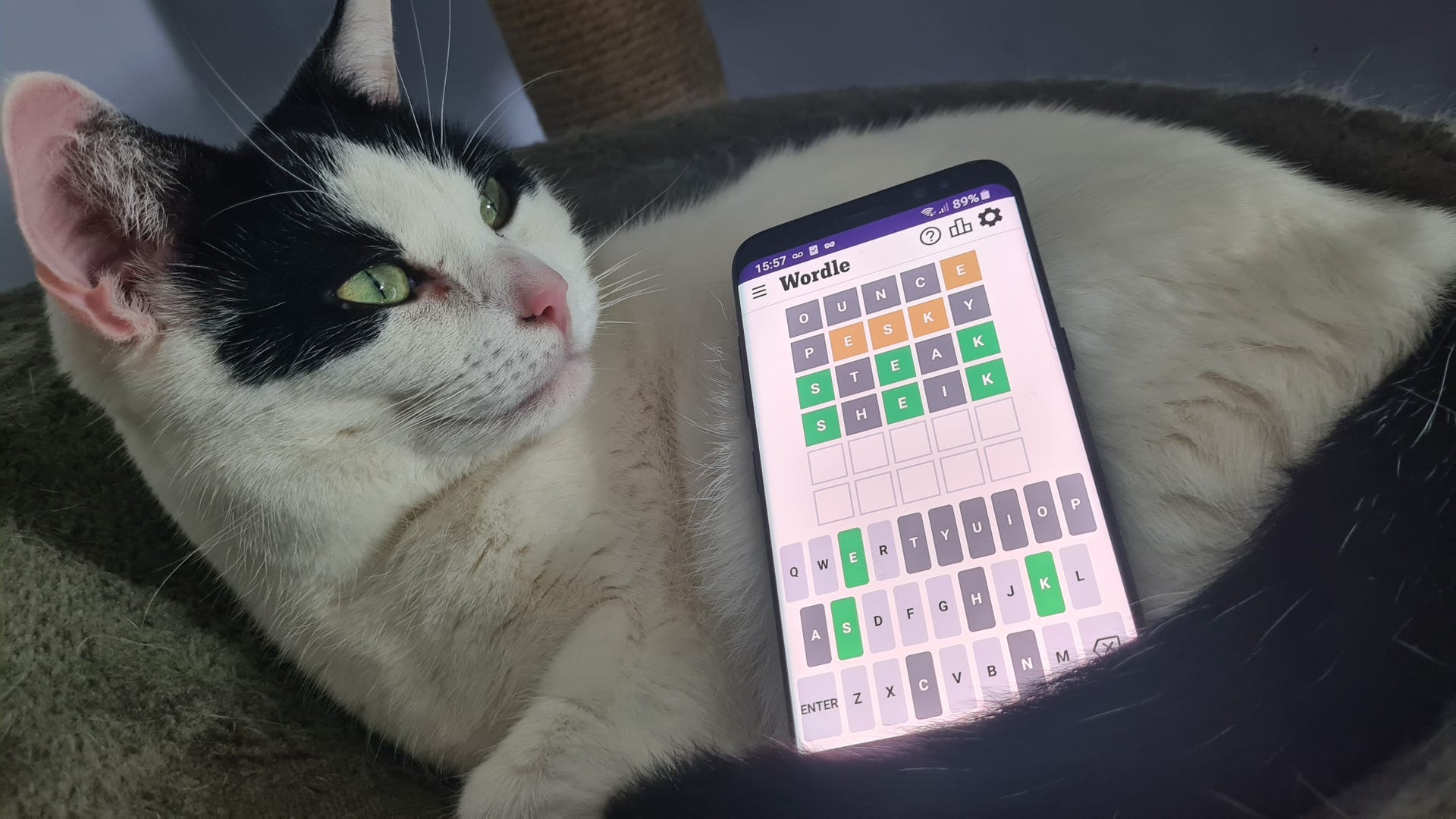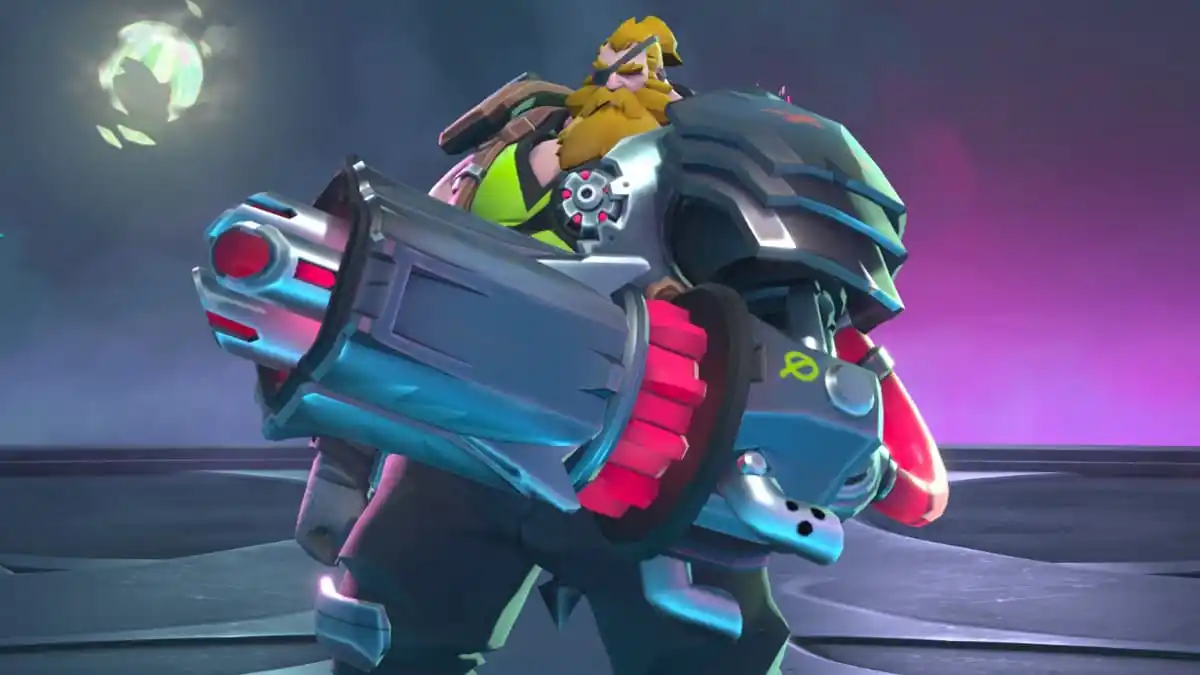
It’s been six years since Forza Motorsport 7 was released, and a fraction under two years since it was delisted. That’s right; it’s been over 725 days since you could buy a Forza Motorsport game this side of the second-hand market. Fortunately, that’s about to change next month – but ahead of the much-anticipated launch of Forza Motorsport on PC and Xbox Series X|S consoles on October 10, 2023 we’ve finally been able to get behind the wheel. Unsurprisingly, it does look and feel fabulous – but it’s the more thoughtful tweaks to the moment-to-moment racing out on track that have me the most interested.
While our time with the Forza Motorsport preview build has essentially been unlimited since we were granted access to it, we should stress that it’s admittedly only an extremely narrow sliver of the complete game.
It begins with a brief playable intro, featuring a few laps in the high-powered cover cars – the hybrid, all-wheel drive 2024 Chevrolet Corvette E-Ray (the fastest production ’Vette ever made) and the 2023 Cadillac V-Series.R (the sports prototype that snatched a podium at this year’s 24 Hours of Le Mans after a two-decade absence from the event for Cadillac). This first taste of the new Forza Motorsport reintroduces us to Maple Valley (which has been a stalwart circuit in the series since the original Forza Motorsport in 2005) and highlights the new Hakone circuit (another fictional, Grand Prix-style track based in Japan).
I’ll need a lot more laps of Hakone until I can make up my mind on its merits as a racetrack. At first blush, it seems like a very quick circuit with largely constant-radius corners – although it’s quite flat and there aren’t too many challenging segments in this layout. There’s a lot going on aesthetically, though – from the huge LCD panels that line the large grandstands, to the well-lit blossom trees that frame several stretches of the track edges.
Following this we’ve been able to compete in the three-race tutorial series, which features three tracks (Mugello, South Africa’s Kyalami, and another new fictional track called Grand Oak) and three cars (the 2019 Subaru STI S209, the 2018 Honda Civic Type R, and the 2018 Ford Mustang GT). That’s a smart mix of cars as it gives us a tiny appetiser of some all-wheel drive, front-wheel drive, and rear-wheel drive action. That said, considering there are set to be over 497 more of them available in the game upon launch, I’m hesitant to drill down too deeply on the driving dynamics based on this small cross section. I will say I was instantly comfortable with the handling. While it doesn’t necessarily seem like a total reinvention of what the Turn 10 team refer to as the “Forza feel”, there definitely is an increased tangibility to the sensation of the connection between the tyres and the tarmac. Simply put, grip feels more authentic – and there’s more of it. Turn 10 has discussed this previously, but the word from the studio is that the advancements in Forza Motorsport’s physics represent a bigger leap than the growth from Forza Motorsport 5, 6, and 7 combined.
Put simply, Forza Motorsport seems set to lean further into RPG territory than ever before.
The new approach to the career mode has also largely been discussed in previous updates from the Turn 10 team as development has progressed, but seeing it unfold in real-time did prove interesting. Put simply, Forza Motorsport seems set to lean further into RPG territory than ever before. Upgrades are no longer all available from the outset; instead, they’re unlocked for each car as you spend seat time in them and earn experience. They’re also no longer purchased with credits; rather, they’re acquired using ‘Car Points’ (which you’ll accumulate by driving).
To be honest, I don’t really know what I make of it yet. I do like the look of the curated career mode and the way it promises to highlight elements of automotive history, and I like the “built, not bought” philosophy. I do, however, find myself wondering how I’ll warm to having upgrades gated behind a second layer of gamification – beyond simply being able to afford them in-game.
What I do like, however, is the additional thought that’s gone into finding ways to reward players for their actions on-track. Career-progression aside, these new tweaks are already having a positive effect on the racing. Practice sessions before each race, with their own objectives, make for a juicier track day experience. Highlighted micro-sectors on the circuits give us particular track sections to focus on and perfect; hopefully the sectors change on return visits to the same tracks.
Most importantly, the ability to select your place on the grid means you can have the exact racing experience you want. If you want the old-school, chase-the-rabbit racing experience where you’ll need to thread your car all the way to the front from the back of the pack in just a few laps (at the cost of racing against AI that probably won’t necessarily be able to go toe-to-toe with you one-on-one), go for it. If you want to start further up and really ramp up the AI toughness for a more authentic challenge, that’s also possible. It’s a smart touch. I was also very pleased to see customisable fuel loads and more nuanced pit controls, but I’m looking forward to more than four-lap races in production street cars to fully flex these options.
Our time with Forza Motorsport has been limited to this tutorial series so we can’t meaningfully discuss other pillars of the game like multiplayer or free play yet. Fortunately, it won’t be long until we can, and we’ll see you on track in just a few more weeks.
Luke is a Senior Editor on the IGN reviews team. You can chat to him on Twitter @MrLukeReilly.





